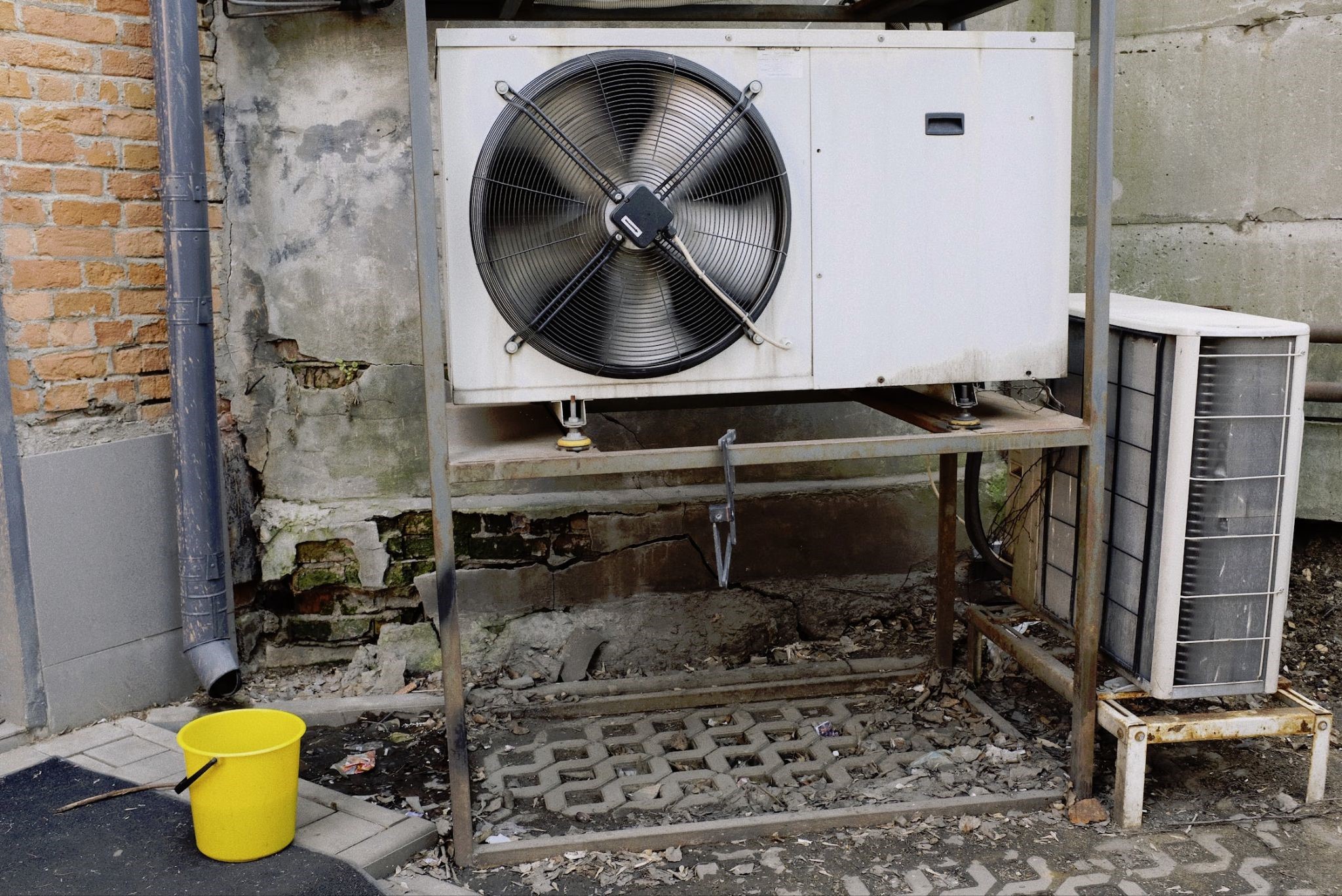Planning and designing an HVAC system may sound like an uphill struggle, but understanding key factors can pave the way for a smooth process.
From recognizing your building’s unique layout to evaluating air quality goals, let’s delve into some essential considerations that will guide you towards a successful HVAC implementation.
Understanding the Essentials of an HVAC System
Embarking on the journey to implement a new HVAC system in your building is no walk in the park. To make informed decisions, you first need to familiarize yourself with basic principles and concepts related to heating, ventilation, and air conditioning systems.
This includes understanding how each part operates, how they work together as a unit for increased comfort levels, their role in maintaining ideal indoor climate conditions, and aspects like energy consumption. The ability to comprehend these core components will serve as the foundation for your successful planning and design process.
Importance of Evaluating Your Building Layout
A significant factor to take into consideration while planning your HVAC system is the layout and design of your building. This evaluation ensures that your chosen heating or cooling solution will cater effectively to all sections of the space.
Here are some vital points:
- Room Size: Large, open areas may require differing solutions than smaller rooms.
- Window Placement: Sunlight penetration can heat up certain parts leading to uneven temperature distribution.
- Occupancy Levels: Areas with high occupancy might need more attention due to increased human body heat generation.
Understanding these factors helps in judiciously placing vents and ductwork for efficient air movement, hence enhancing comfort levels in all corners of your premises.
Assessing Your Indoor Air Quality Goals
Maintaining good indoor air quality is a crucial and often overlooked aspect of HVAC system planning. It directly impacts the health and comfort of people occupying the building, thus requiring careful consideration.
Some key objectives might include:
- Ensuring Proper Ventilation: This involves having ample fresh air exchange to dilute pollutants inside your premises.
- Controlling Humidity Levels: Managing moisture levels avoids issues like mold growth or excessive dryness.
- Filtration Efficiency: High-quality filters can significantly reduce allergen particles in the air.
Taking such factors into account during design will create an optimal environment for everyone’s well-being within your space. An HVAC system that prioritizes indoor air quality not only provides comfortable temperatures but also aids in fostering healthier living conditions.
The Role and Efficiency of Heat Pumps
In achieving a high-efficiency HVAC system, it’s important not to overlook the significant role that heat pumps can play. These versatile units offer both heating and cooling capabilities, making them a popular choice for homeowners and businesses alike.
For instance, considering the unpredictable weather fluctuations in areas like Rocklin, CA, heat pumps become an excellent option. With their impressive ability to maintain amenable indoor temperatures despite external conditions, they provide year-round comfort with minimal energy usage. Getting experts to carry out heat pump installation in Rocklin, CA is of course a must to ensure the best results are achieved based on your design.
Moreover, modern models come equipped with features such as variable speed technology. This allows greater control over temperature levels while saving on power consumption. Therefore understanding how best to leverage these advantages is vital when planning your HVAC system’s design.
Deciphering Maintenance Demands & Lifespan Expectations
Planning an efficient HVAC system also requires thorough research on maintenance demands and lifespan expectations of the chosen units. This awareness is key to foreseeing its long-term viability, costs, and potential challenges.
Here are some points for strategic planning:
- Regular Servicing: Regardless of high-grade equipment, maintaining peak performance requires consistent professional check-ups.
- Lifespan Forecast: Most quality systems should perform efficiently anywhere from 10 to 15 years with proper upkeep.
- Warranty Coverage: Understand what your provider’s warranty covers, as this can save you on future repair costs.
Factoring in these considerations will help build a resilient plan aimed at extending the operational efficiency of your HVAC units. A sound investment isn’t just about buying advanced equipment but also ensuring it retains its value over time through meticulous care and timely servicing.
Final Thoughts
There’s a lot more to implementing an HVAC system than we’ve covered here. However, using these fundamentals will let you make this leap without feeling quite so out of your depth.
